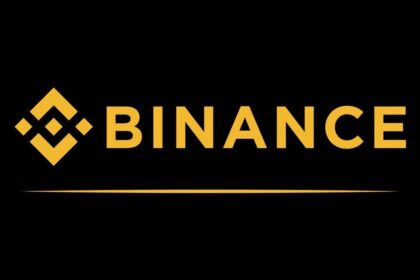Brian Armstrong, Coinbase CEO, has started a conversation by suggesting to get rid of individual income tax and putting the entire tax burden on businesses. Armstrong’s post on X explains the growing frustration with the current US tax system which he says is too complex and inefficient.
Armstrong’s Simplified Tax Plan
Armstrong’s idea is to replace individual income tax with revenue from business income tax or sales tax. He thinks this would move the annual tax reporting burden from millions of US citizens onto a smaller group of businesses and make it more manageable.
In his post, Armstrong said the tax code is too complex, pointing out that the 150,000 page document is impossible to navigate without a professional. He said:
“It’s kind of crazy we ask every adult in the US to figure out how to pay their taxes. Would be better to offload this to the 10k largest companies instead of 200m adults figuring out a complex accounting task annually.”

Why the Need to Change?
The inefficiency of the current US tax code is well known, reports say. According to the Department of Government Efficiency (DOGE), Americans allegedly spend 6.5 billion hours/year preparing and filing taxes. Reports say, the tax code has grown from 1.5 Million words in 1955 to over 16 Million words today.
President-elect Donald Trump recently announced the creation of DOGE and appointed Elon Musk and Vivek Ramaswamy as co-leaders. Trump’s intent is for these prominent men to work together, collaborate and bring reform.
This will focus on streamlining the federal government and reducing unnecessary complexity, which is what the Coinbase CEO is saying about the tax system.
Responses to the Coinbase CEO Tax Proposal
Armstrong’s idea is getting mixed reactions across the political and financial spectrum. Supporters like the idea of simplifying tax compliance for individuals and reducing stress. Critics are concerned about fairness and the economic impact of putting the entire tax burden on businesses.

Proponents say businesses, especially large corporations, can handle complex tax structures. But skeptics worry that relying too much on businesses will mean higher costs for consumers as companies pass it on.
One X user said, “While it’s true the tax code is crazy complex, completely putting it on businesses might have unintended consequences. Reform, yes. Abandonment, no.”
Conclusion: Will Armstrong’s idea go anywhere?
Armstrong’s tax proposal is part of a larger frustration with the inefficiencies of the US tax system. Whether his idea will get political support is unknown. The discussion shows we need reform that simplifies tax compliance and economic fairness. The need for financial freedom cannot be overemphasized. Perhaps, eliminating individual income tax might be a step closer to the right direction.
TheBITJournal is available around the clock, providing you with updated information about the state of the crypto world. Follow us on Twitter and LinkedIn, and join our Telegram channel.






























